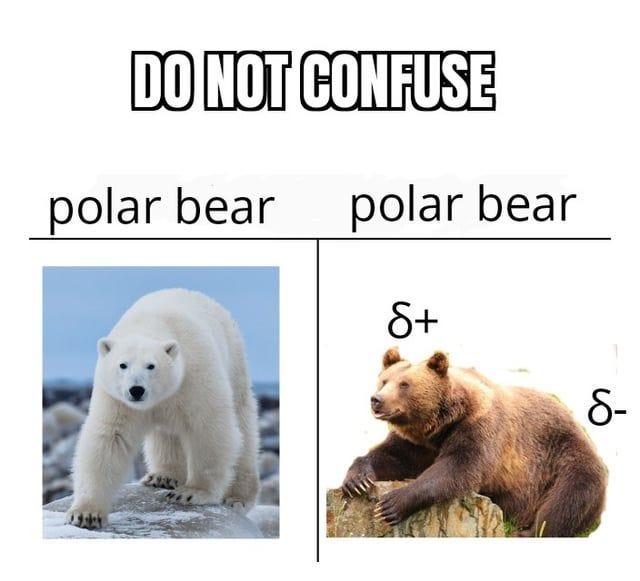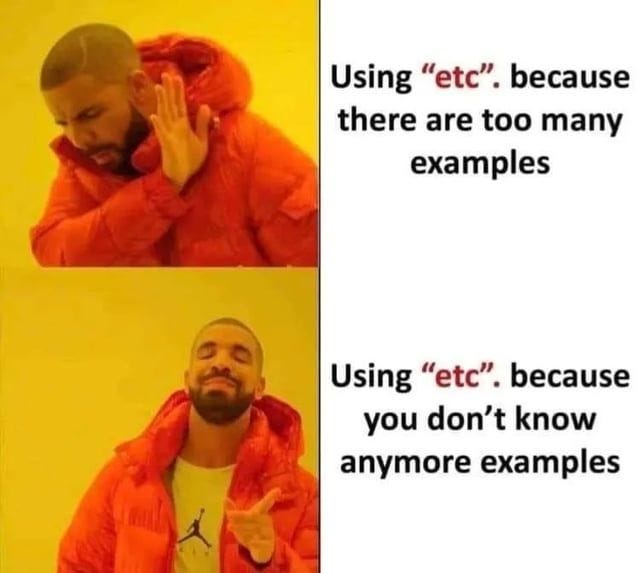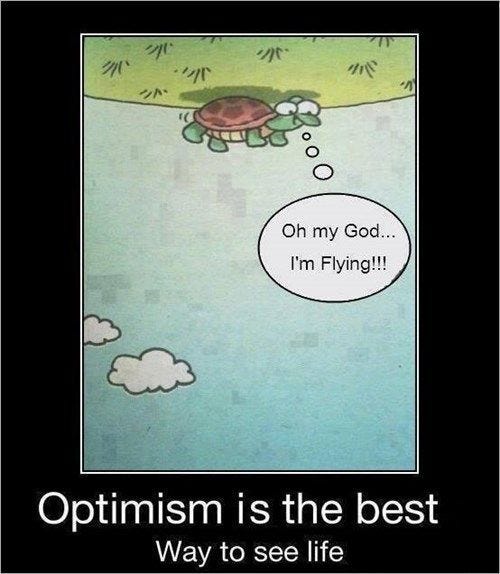How to Integrate Choosing the "Best" Option into Your Language Learning Strategies
Improving language skills with a larger repertoire of vocabulary words
Welcome, aspiring polyglot! Of all the things you can focus on when learning a new language, expanding your vocabulary is probably one of the most important. Yes, grammar rules matter, but most people do not understand the grammar of their native language, let alone the language they are learning. By using the language enough over time the grammar will begin to make sense, but if you are trapped using the same 50 words over and over again because you know nothing else, you may find yourself frustrated with your inability to adequately communicate. If that sounds like you, then learning to choose the "best" word and not just a word is your next step forward as a language learner.
Choosing the "best" word
Part of knowing which words fit better in a given situation is understanding that there are many ways to say the same things. Synonyms are powerful tools in expanding your linguistic capabilities and, irrespective of how well you know a language, you can always expand your comprehension by looking into synonyms. There is a reason that professional writers spend so much time looking through the thesaurus. If it is useful for someone who makes a living using the language at a high level, it is useful for anyone learning a new language.
Let's look at a few examples:
In Spanish, if you want to express that you do not know something, there are several ways to go about it.
I don't know 1. No sé
Who knows 2. Quién sabe
No idea 3. No tengo ni idea
I'm not sure 4. No estoy seguro
No one knows 5. Nadie sabe
These phrases will be used in different situations and learning when and where you feel they belong is part of developing your language skills. More importantly, part of second language acquisition is getting comfortable with your own unique communication strategies. You decide which goes where. As you have more conversations and consume more comprehensible input you will find the intricacies and adapt. One aspect of language learning many people seem to overlook is that, if you do it right, the process never really ends.
One of the reasons it is important to nail down different ways to say the same thing is because you should constantly be finding ways to express yourself. Ways you feel comfortable with and, chances are, that will not be the first way you learn to say things. By consistently pushing yourself to integrate new language into your vocabulary you will be able to craft your language to your communication style. If you are really struggling to figure out which new words to add, and you have exhausted the synonym option, try thinking about the possibilities with antonyms.
The power of opposites in second language acquisition
As great as it is to find synonyms, there is potentially more power in learning antonyms. The thing about learning synonyms is it is something that can be done with relative ease. When writing, there are ample opportunities to integrate the thesaurus into your routine, but antonyms do not operate the same way. In order to find antonyms, you are going to have to set time aside to search.
Ideally, you will approach this in a need based way. Whenever you cannot think of a word, try to think of what the opposites are. From there, think of what the opposites of those other words are. For example, if you want to know the word for "grow" you may find it beneficial to look for the word "shrink" however, it is context dependent. This is where the ever important curiosity comes in and for more on that you can check out this previous article:
The reason curiosity is relevant is the word "grow" can be used in more than one sense. Is it something growing? Is it someone growing? Is it the noun "growth" you are after? All of these words will lead you down a different road, particularly when you are looking into the synonyms.
Due to this, doing what you can to think of the opposite so you can nail down precisely what it is you are looking for when trying to translate is going to help immensely. In fact, one of the places where these exercises will serve you most is in exam preparation.
Choosing the "best" option
The worst types of questions on any test are questions that require you to choose a "best" answer rather than just a correct answer. Being able to nail down the correct usage of different words is important, but what will separate you from other language learners is using the best word for each particular situation. That said, it is not something that should ever stop you from speaking or writing.
Most of choosing the best words is going to come with practice. The more exposure you get, the more you will be able to deduce the best option in a given scenario. Without experiencing a variety of situations that will test you, it will be nearly impossible to be ready when you are thrown into a new circumstance. One of the aspects of repetition that many people miss out on is that simply repeating words without context is not going to be conducive to longterm success.
When you are speaking your target language you are going to be speaking to other people and people are unpredictable. The only way you can be prepared for any given situation is by giving yourself the opportunity to experience as much as possible with as many people as possible as often as possible.
Much of language learning breaks down to having conversations. Whether those conversations are with other language learners, with native speakers, or with yourself is less important. Focus on putting yourself in a position where you are able to understand as many words in as many contexts as possible. The confidence that you will emit simply from having this will be palpable.
Impressing people with delusional confidence
If you are trying to work out how to go about getting into more conversations and work out more ways to get exposure to your target language, one of the best things you can do is learn how to exude delusional confidence. It will take some time to get used to, but after a few little wins you will find that it is not too difficult to pull out of yourself. Here are some of the ways that you can start stacking those little wins to carry your momentum forward when you are feeling stagnant.
Getting complex grammar wrong
One of the things that has stopped more language learners in their tracks than just about anything is the sheer amount of complex grammar there is to learn in every language. However, something most people do not think about is how often native speaking people destroy the grammar of their mother tongue. If you go into every conversation with this at the forefront of your mind, it will be easy to think approach the conversation with some delusional confidence.
The best way to learn anything is by making mistakes. When you use grammar improperly and someone corrects you, it is far more likely that you will remember it than if you simply studied it at a desk. You will need to learn new concepts, ideally once per week, but making sure you get them right every time you use them is not important. What is important is that you use them, irrespective of how many mistakes you make. Add new concepts and new vocabulary words into your repertoire every week and use them as often as you can until you feel comfortable with them.
Perhaps the greatest example of this is going to be the gerund, at least in romance languages. Simply understanding what the gerund is will permit you to express yourself in a far more precise way. Not only that, but it will allow you to more fluidly tell stories which is not only one of the better ways to make friends, it is also one of the best ways to get used to speaking. If you would like to take a look at some of the romance language patterns we have isolated, you can check out one of these articles or our FREE romance language pattern guide:
Beyond just learning how to answer questions, you will want to master asking questions. There is no way you will inherently understand everything, even if you spend hours studying. Who better to ask questions than someone who speaks the language natively? Not only that, but people are, generally, more than happy to help you expand your language skills so that you can speak with them on a deeper level.
Asking questions to clarify sticking points
The amount of slang you will encounter in your target language is going to be immense. Being able to ask questions to clarify the meanings of the words being used is powerful. More than likely you will have an opportunity to learn more than you might think. Language acquisition is a fluid process and people will want to continue conversing with you if you are interested in the things they are saying. As shocking as it may sound, the more interested you are in the people around you the more interested they will be in you. That is the crux of friendship at the end of the day and the language skills you will develop by conversing consistently with your friends.
Of all the phrases you can learn, the two most important questions are going to be, "how do you say ----- in [target language]?" and "What does ------ mean?". You will be using these questions all the time and the more comfortable you are the more comfortable people will be answering you and trusting that you will understand when they respond. Asking people for favors is a phenomenal way to integrate yourself into a community.
For those who do not yet know, there is a concept called the "Ben Franklin Effect" the basis is that when someone does a favor for you once they are more likely to do you another favor in the future. More likely, in fact, than it would be if you did them a favor first. Yes, reciprocity is important, but when you are getting started asking people for help will do more for your successful language acquisition than trying to figure it all out alone. So do not hesitate to go out and ask for help, people are cognizant of the fact that foreign languages are difficult, most of the people you encounter will be more than happy to offer you some guidance, speak with you, practice with you, and help you improve your listening comprehension.
Conclusion
There are many ways to say the same thing, but any way you can get it out is the best way when you are just getting started. However, where you start is not where you should end, ever. You should always be looking for new and more elegant ways to express yourself. Diving into patterns, reading into the ways people speak, asking for help, all of these things are going to help you progress in your language acquisition faster than if you were trying to do it alone. Go out and speak and make friends and make progress, that is all that matters when it comes to second language acquisition.
Learning a language is no easy feat, it will be difficult irrespective of how you approach it. But you can do difficult things and be great, so continue to do difficult things and be great. I will be here by your side endeavoring to do the same.
Be sure to check out Second Language Strategies to catch up on anything you missed, find me on Twitter or Instagram for some short form content. If you are struggling to get speaking in your target language, join our Discord! I look forward to seeing everyone’s progress in the months and years to come.












